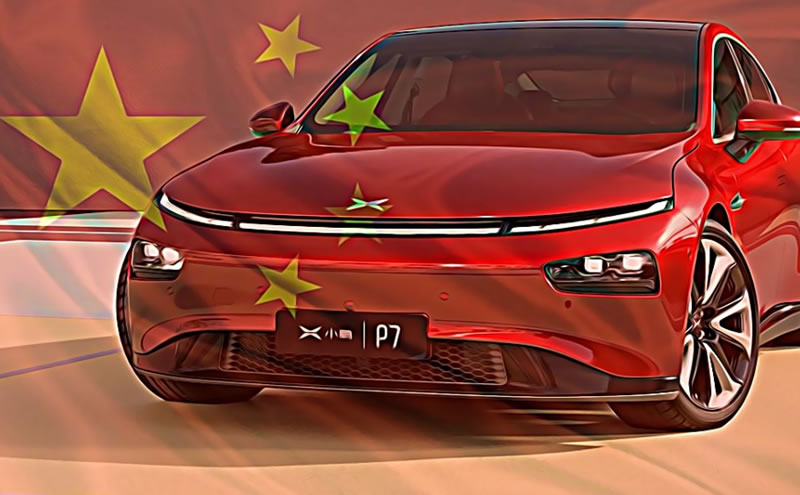In the great race for electric vehicle (EV) supremacy, one cannot ignore the impressive strides made by Chinese EV manufacturers. Undeniably, NIO (NYSE: NIO), LI AUTO (NASDAQ: LI), and XPENG (NYSE: XPEV) have etched their names in the rapidly evolving EV landscape, churning out innovative products that bear testament to quality, competitive pricing, and exceptional design.
A decade ago, Chinese EV makers may not have been much of a blip on the global radar, missing out on significant market share opportunities with internal combustion vehicles. However, they capitalized on this experience, strategically redirecting their efforts to become dominant players in the nascent EV sector. Their efforts echo the old adage, "Fall seven times, stand up eight", a testament to their resilience and foresight.
Chinese EV manufacturers have demonstrated their prowess not only through technical proficiency but also via their creative vehicle designs and unwavering focus on quality. Their impressive market performance in their home country, coupled with their burgeoning influence in Europe, provides a glimpse into a future where they could very well be global pacesetters.
However, penetrating the American market, the land of Tesla (NASDAQ: TSLA) and Rivian (NASDAQ: RIVN), is no walk in the park. Challenges are manifold, ranging from stringent regulations, such as the requirement for local assembly to avail the $7500 incentive, to geopolitical tensions. These factors, along with the need to either establish a distribution network or sell directly, present significant hurdles for Chinese automakers.
Yet, in the face of these adversities, Chinese EV manufacturers remain undeterred. They possess a key advantage – cost. Even without access to U.S. incentives, their products' competitive pricing could still make them strong contenders. Nevertheless, it's akin to a David vs. Goliath scenario, where the small but tenacious newcomer grapples with the entrenched, established forces.
The unpredictable geopolitical climate only compounds these challenges. There is an inherent uncertainty surrounding the idea of Americans buying Chinese vehicles, much like a mystery novel where the final chapter is yet to be written. The outcome, whether successful penetration or unexpected retreat, will leave an indelible mark on the global EV industry.
As Chinese manufacturers confront these challenges head-on, we can't overlook the broader industry shifts. The recent announcements from GM (NYSE: GM) and Ford (NYSE: F), indicating their intention to utilize Tesla's charging network, are revolutionary. It underscores the importance of having a reliable and abundant charging infrastructure to promote the mass adoption of EVs.
A single charging standard is akin to creating a common language in the EV world – it simplifies, standardizes, and most importantly, dispels the fear of the unknown for potential EV buyers. In this way, the industry is eliminating the EV equivalent of the 'range anxiety' – charging fear.
As new models roll off production lines at accelerating rates, auto CEOs realize the need to mitigate any consumer apprehensions about charging availability. Failure to do so could be a recipe for disaster, like a boat rowing against the current. This is one of the primary reasons why these auto giants brokered the agreement with Tesla (NASDAQ: TSLA).
Overall, the electric vehicle industry is an exciting space, fraught with challenges yet filled with opportunities. The determined rise of Chinese EV manufacturers – NIO, LI AUTO, and XPENG – and their potential entrance into the US market, coupled with significant industry collaborations like that between Tesla, GM, and Ford, paints a picture of a vibrant, evolving industry. Amid all this, the customer stands to benefit from more choices, competitive prices, and enhanced charging infrastructure, further accelerating our transition to a greener future.

















Rate this article